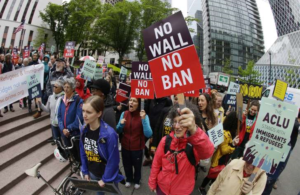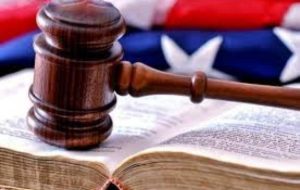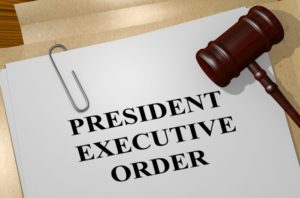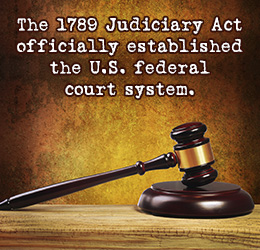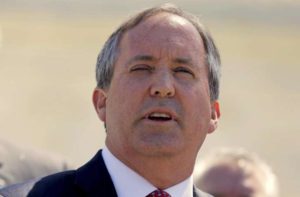Donald J. Trump’s travel ban is back in force now, thanks to a decision by the U.S. Supreme Court.
The court struck down previous lower-court rulings that set aside the ban, giving the president a limited victory in his campaign against Muslims around the world.
The president hails it as a way to make Americans safe from international terrorists. The ban affects those seeking to come to the United States from six Muslim-majority nations. If they do come here from any of those six nations, they must have some tangible, identifiable connection to this country: a relative, enrollment at a U.S. college or university.
He has vowed to protect us from those who seek to do us harm. The president asserted during the 2016 campaign that potential terrorists were “pouring into” our country and that, by golly, he intended to stop it.
I don’t know about you, but I don’t believe I’ll feel one bit safer down the road when the travel ban becomes fully implemented.
This ban doesn’t account for the home-grown terrorists who have brought misery to fellow Americans. It doesn’t deal at all with the terrorists, or terror groups, opening fire in crowded movie theaters, in nightclubs, at a U.S. Army post, in a Charleston, S.C., church.
We all remember 9/11. We recall the hideous nature of that dastardly act. We scorned the terrorists as cowardly bastards. We have gone to war against them.
Have we been hit by terrorists in an attack even remotely similar since that terrible day? No. Our national security apparatus, though, has stopped many attempts during the past 16 years.
It’s the so-called “lone wolf” terrorist who is so very difficult to detect in advance of their act.
In my view, a travel ban cannot stop someone from sneaking into this country from, say, Sweden or France, or Brazil or Russia who then would commit an act of terror.
